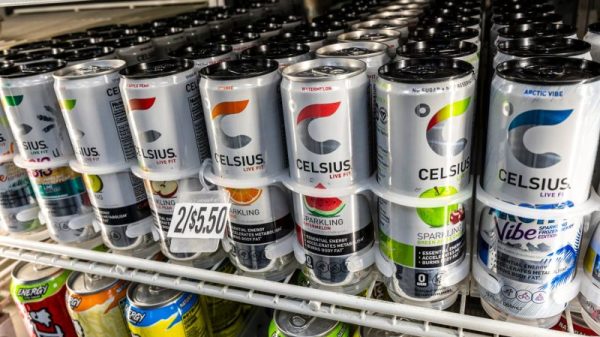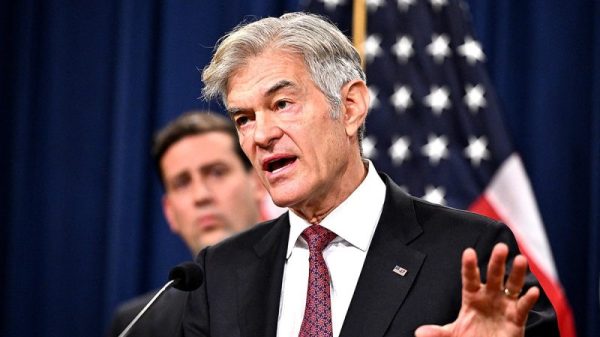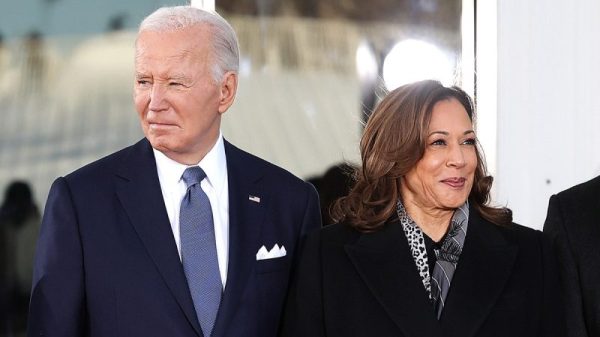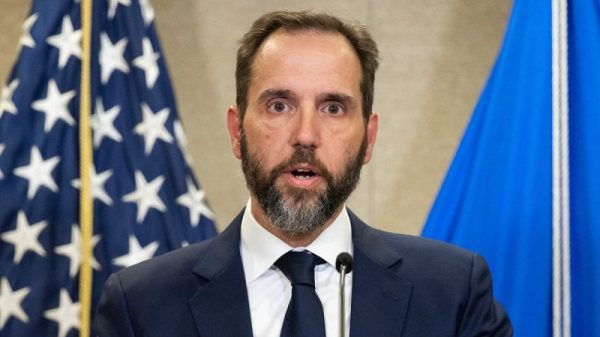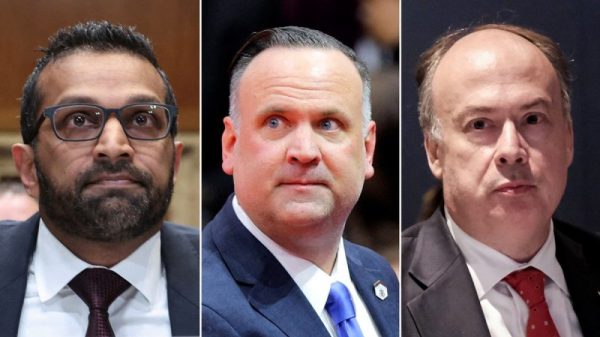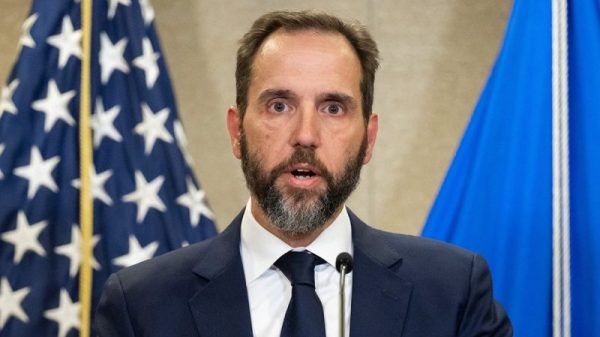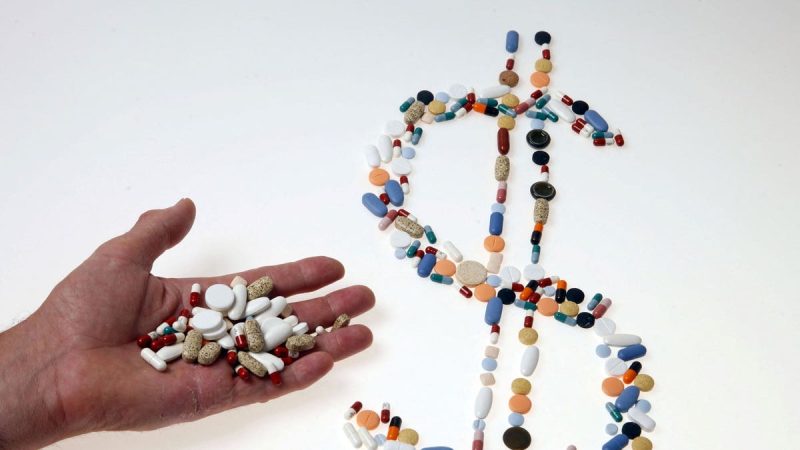It is no great secret that millions of Americans feel that Congress is more interested in protecting large corporations than looking out for ordinary people.
That is never clearer than when we talk about our broken health care system, and the outrageous price of prescription drugs in this country.
The truth is, if you ask most Americans – Democrats, Republicans, independents, progressives, conservatives – they will agree: we are getting ripped off, big time, by the pharmaceutical industry.
As a nation, we spend almost twice as much per capita as any other country on health care – over $13,000 for every man, woman and child. Even for those with insurance, costs are so high that medical bills are often the number one cause of bankruptcy in the United States.
And one of the major reasons for the high cost of health care in America is that we pay, by far, the highest prices in the world for prescription drugs.
You tell me: why does Merck charge diabetes patients in the United States $6,900 for Januvia when the exact same product can be purchased in Canada for $900 and just $200 in France?
Why does Johnson & Johnson charge Americans with arthritis $79,000 for Stelara when it can be purchased for just $16,000 in the United Kingdom? And why does Bristol Myers Squibb charge patients in our country $7,100 for Eliquis when the same product can be purchased for just $900 in Canada and just $650 in France?
On and on it goes. Almost every prescription drug costs far more in the United States than it does in other countries.
The good news is that we are beginning to take on the greed of the pharmaceutical industry. Medicare, for the first time ever, is negotiating the price of some drugs, including Januvia, Stelara and Eliquis.
The bad news is that the pharmaceutical industry is doing everything it can to stop these negotiations, and prevent Congress from making prescription drugs affordable for all Americans – not just those on Medicare.
The giant pharmaceutical and health insurance lobbies have spent huge amounts of money over the past decades to ensure that their profits come before the health of the American people.
Over the past 25 years, the drug companies have spent $8.5 billion on lobbying. Today, they have some 1,800 well-paid lobbyists in Washington, D.C. – including former leaders of the Republican and Democratic parties. Unbelievably, that is more than three lobbyists for every member of Congress.
During that same period, they have provided over $700 million in campaign contributions. And they are equal opportunity contributors. They contribute heavily to both Republican and Democratic candidates.
The result of congressional inaction is that these large corporations have driven up the prices of prescription drugs to the point that one out of four Americans cannot afford the medicine their doctors prescribe.
Meanwhile, while millions of Americans suffer – and some die – because they can’t afford the prescription drugs they need, 10 of the top pharmaceutical companies in the country made over $110 billion in profits in 2022 and paid their CEOs outrageously high compensation packages.
As the chairman of the Senate Committee on Health, Education, Labor and Pensions (HELP), one of my top priorities is to substantially reduce the price of prescription drugs in America. One of the ways to do that is to hold the chief executives of some of the largest pharmaceutical companies in our country accountable for their actions.
That is why I have invited Robert Davis, the CEO of Merck; Joaquin Duato, the CEO of Johnson & Johnson; and Chris Boerner, the CEO of Bristol Myers Squibb, to a hearing to discuss what they are doing to lower drug prices in America.
Why did we ask these CEOs to come before us? Because the American people deserve answers to some pretty simple questions.
For example: Why is it that the median price of new prescription drugs in America is now over $220,000 – including many new cancer drugs? How does it happen that while millions of Americans cannot afford the prescription drugs they need, when major drug companies in America spend more on stock buybacks and dividends than they do on research and development?
Why is there an enormous lack of transparency in how your companies set drug prices?
These very straightforward questions are on the minds of millions of Americans. These are questions that the CEOs of major pharmaceutical companies have a responsibility to answer.
And let’s be clear: these are not struggling companies forced to charge high prices to survive. Believe me, they are not going broke. In 2022, Johnson & Johnson made nearly $18 billion in profits, paid its CEO over $27 million in compensation and spent over $17 billion on stock buybacks and dividends.
That same year, Merck made $14.5 billion in profit, handed out over $7 billion in dividends to their wealthy stockholders and paid its CEO over $52 million in compensation.
And Bristol Myers Squibb made $6.3 billion in profits last year, while recently spending over $12 billion on stock buybacks and dividends and giving its CEO over $41 million in compensation.
I am proud of what the committee has already accomplished.
Last year, the CEO of Moderna committed during a HELP Committee hearing that his company would set up a patient assistance program so that no one in America would have to pay for their vaccine out of pocket. In a separate HELP Committee hearing last May, the CEO of Eli Lilly committed that his company would not raise prices on existing insulin products.
The committee’s efforts are paying off, but much more needs to be done.
I look forward to the hearing on Feb. 8, with the CEOs of Johnson & Johnson, Merck, and Bristol Myers Squibb, to discuss how they will substantially lower the price of prescription drugs in America.
CLICK HERE TO READ MORE FROM SEN. BERNIE SANDERS










